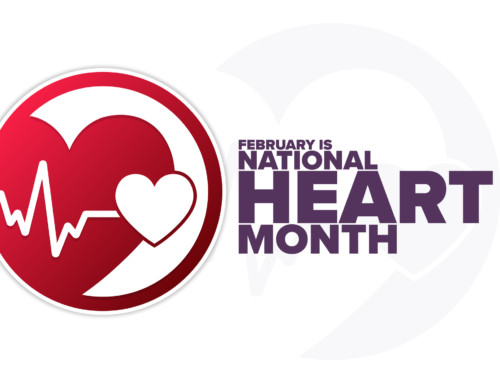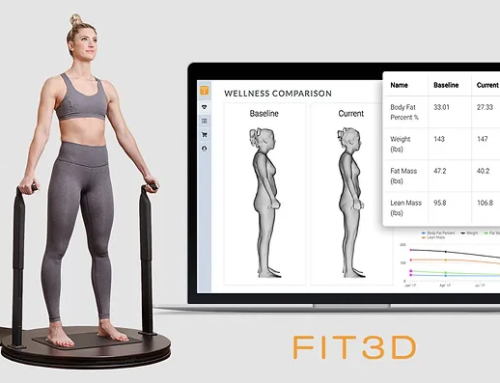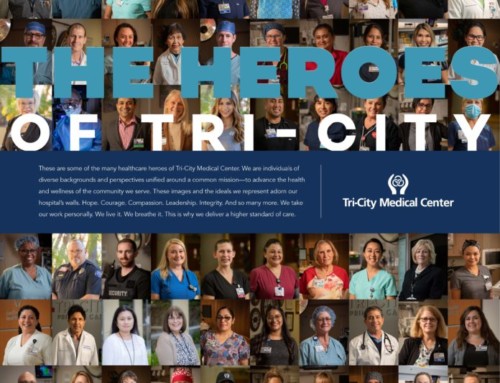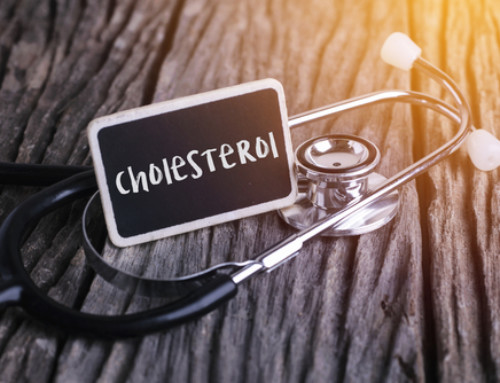 A healthy diet is your best defense against heart problems. But with so many foods to choose from, how can you select the best products for your cardiovascular health?
A healthy diet is your best defense against heart problems. But with so many foods to choose from, how can you select the best products for your cardiovascular health?
According to the American Heart Association, it all starts with knowing how many calories you use each day. You need to burn off at least as many calories as you consume to enjoy a heart-healthy diet. Just remember that the number of calories you need depends on your level of physical activity, as well as your age and gender.
When you know the number of calories you’re aiming to eat each day, you can begin planning your meals with the kind of ingredients your cardiovascular system will appreciate. Our informative guide is here to help you choose heart-healthy foods, so you can ditch the diet-busting dinners once and for all.
Ingredients to Upgrade
A heart-healthy diet should include products from all the food groups. Nutrient-rich foods that maintain a healthy level of cholesterol and fatty molecules are especially important. This will allow you to manage your weight and blood pressure. A few key foods include:
Fruit and Vegetables
A wide variety of fruit and vegetables is an essential addition to any heart-healthy diet, as the nutrients can help prevent cardiovascular diseases. To enjoy even more micronutrients, choose deeply colored fruits like prunes, berries, and peaches, and vegetables like spinach, carrots, and broccoli.
Wholegrains
Start your day with a bowl of oatmeal, and switch your sides to brown rice, quinoa, or whole-grain pasta at lunch and dinner. Wholegrains are rich in fiber, which can lower your cholesterol, and they’re easy to include in any diet.
Lean Proteins
Lean proteins contain vital nutrients that can prevent heart disease, reduce high blood pressure, and lower cholesterol. Chicken, turkey, and 95% lean ground meats are a great source of protein. Oily fish such as salmon, mackerel, and sardines are rich in omega-3 fatty acids which also supports your heart health, so try eating them twice a week.
But protein isn’t only found in meat. Eggs, beans, nuts, and seeds pack a protein punch for the heart-healthy nutrition you need.
Fats and Oils
With high levels of monounsaturated and polyunsaturated fats, certain fats and oils can lower blood cholesterol and your risk of cardiovascular disease. Try tofu, avocados, and oils such as olive, canola, and sunflower.
Ingredients to Avoid
A heart-healthy diet is more than just consuming more nutritious products. You should also limit the foods which offer you little to no nutritional value, yet plenty of downsides when it comes to your heart health.
Sodium
Even if you don’t have high blood pressure, you should not consume more than 1,500 mg of sodium a day. Any more than that can harm your cardiovascular system. That’s because sodium boosts water retention, which puts extra pressure on your heart. Keep an eye on the labels of the foods you buy to make more heart-healthy choices – pre-made products are common sodium offenders.
Added Sugar
Added sugars are extra calories without the nutrition, which mounts unnecessary strain on your heart. Sodas and snacks are often sweetened with dextrose, corn syrup, and glucose. Make your diet more heart-healthy and swap these sugary treats for water and fruit instead.
Saturated and Trans Fats
Saturated fats are found in animal products, while trans fats occur in partially hydrogenated oils in some desserts and coffee creamers. A heart-healthy diet limits these fats to 10% of the daily calorie intake, thus reducing your risk of bad cholesterol and heart disease. Make more of your meals from scratch, so you can see what goes into your food, and cut down on high-fat dairy products.
Give Your Heart a Helping Hand
A heart-healthy diet is a great way to take better daily care of your cardiovascular system. By making a few tweaks to your current eating habits, you’ll feel the difference for years to come.
If you’re looking to make a more significant change to the way you eat, there are a number of diets plans that claim to improve heart health. The Mediterranean Diet focuses on fiber and nutrients, such as omega-3 and antioxidants, while the DASH Diet limits sodium but boosts potassium, calcium and magnesium levels. There are also diets that are designed to reduce your intake of calories, fats, or carbohydrates.
It’s important to remember, however, that there is no one perfect diet, and some food plans may not be suitable for you. To make a dietary change that’s right for you and your heart health, speak to a doctor who can accurately assess your needs.
Contact Tri-City Medical Center now and talk to our knowledgeable team about how you can start improving your heart health today.





